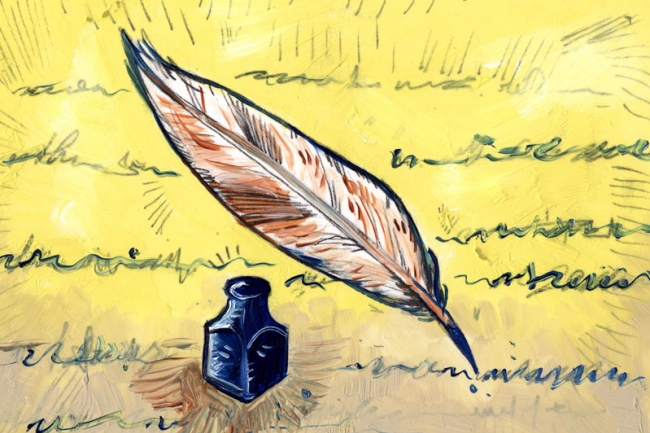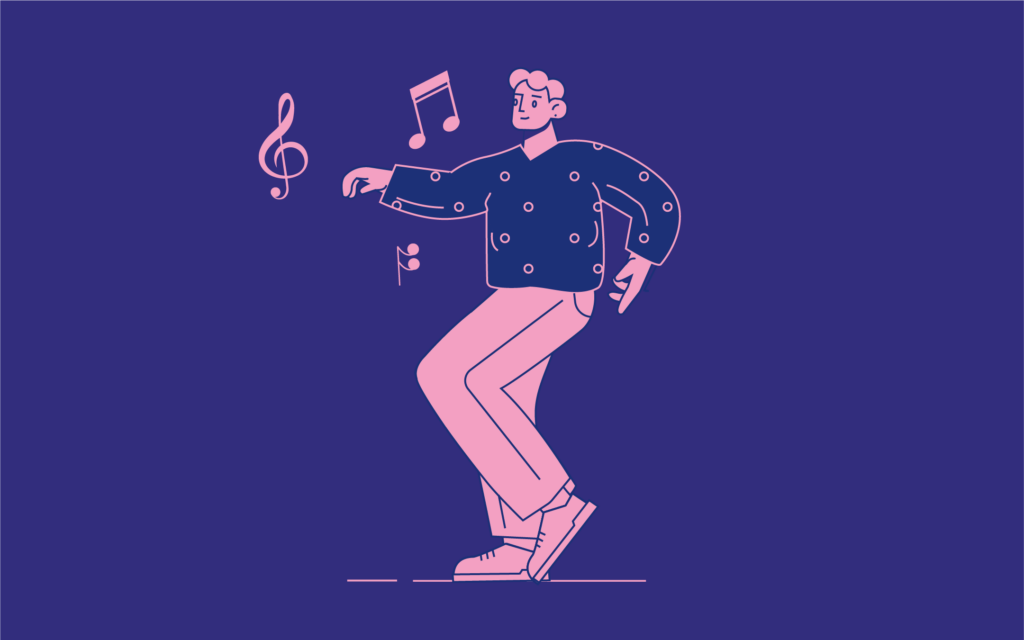Checking In: One Month of Strategic Writing at Emotive Brand
Checking In: One Month of Strategic Writing at Emotive Brand

Chris Ames has now officially been with Emotive Brand for one month – who knew he’d make it this long?– and as a new writer in the branding world, we wanted to see what he’s learned thus far. In this post, Chris talks about the importance of strategic writing and shares some advice that he’d give to other young creatives looking to break through in marketing and branding.
What has been your biggest surprise so far?
The sheer amount of strategy, planning, and forethought that takes place before even a single external word is written has been impressive and humbling. As a writer, I tend to create a giant block of content and slowly chip away until it’s refined, but it’s fascinating to see the inverse process: creating target audiences, customer journeys, language guidelines, mood boards, manifestos, rallying cries, narratives…and then beginning to write.
Until I worked here, I never realized the importance and power of internal documents for brands. Most of the work I’ve created so far is inward-facing. And though the initial audience might be small, it has the potential to act as a microphone for how brands not only articulate themselves in the marketplace but how employees communicate with each other on a personal level.
Any challenges?
I think an early decision writers must make with clients is choosing what your biggest strength is going to be: voice or versatility. When you hire me, is it because you want your copy to sound like me, or because I can sound like whatever you need? Especially when you’re working with tech companies or startups that have a jargon-heavy lexicon, it can be a game of linguistic tug-of-war. In a perfect world, you can meet the tone of the client and still retain that undercurrent of charm. Knowing when to mute your own voice is a good life skill in general, and I’m sure I still have a long way to go.
How does this writing differ from your previous job at a creative studio?
At my previous job, it was a volume game: how much content can I possibly create for you in the shortest amount of time? I worked very much in a silo, and the only real editor was the deadline. Here, everything is much more deliberate, collaborative, and there is an economy of words. Instead of chasing word counts, it’s more like: can you create one perfect, muscular sentence that’s strong enough to carry an entire campaign? Which, at first, seems easier. But it’s totally that Mark Twain– “I didn’t have time to write a short letter, so I wrote a long one instead”– kind of thing. Simple is hard. Short takes a long time.
What advice would you give to young creatives entering the field of branding and marketing?
Reading books, especially written by people from a different background or perspective than your own, makes you a more empathetic person, and empathy is probably the strongest tool to wield in the workplace. Yes, the ability to understand and share the feelings of another will make you a better brander, but it will also just make you a better human being.
I’d also add, don’t waste your time in toxic work environments. There are tons of businesses looking for young creatives to drive into the ground because they don’t know any better. You might think that because you don’t have a ton of experience, you need to put yourself through hell as a rite of passage. The truth is your fresh eyes are actually a huge advantage. The whole reason brands hire outside agencies in the first place is because they’re seeking an outside perspective. Find an agency that’s excited about your new ideas and willing to embrace a fresh perspective, instead of looking to punish you for not having 10 years of experience under your belt.
Emotive Brand is a brand strategy and design agency.







